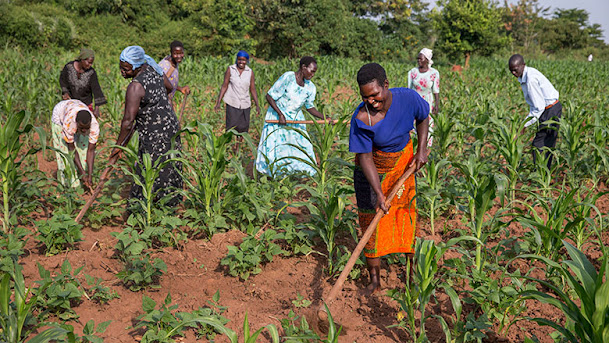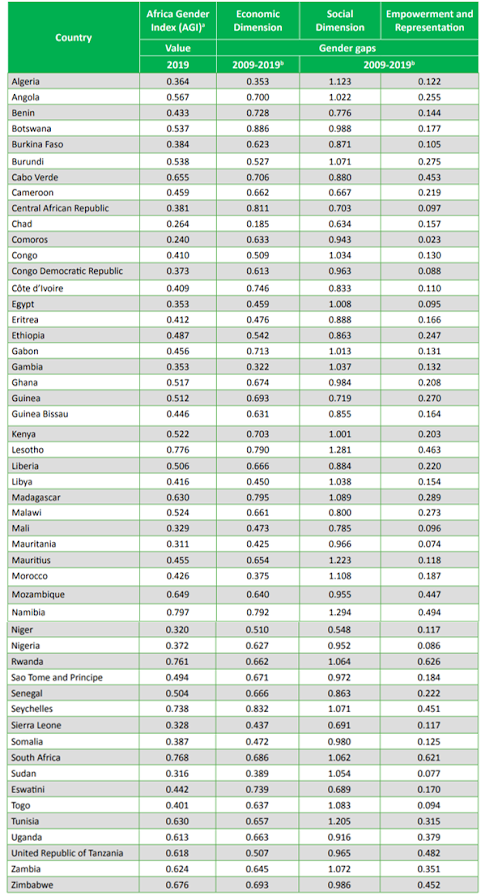Women and solar irrigation farming
It is hard to discuss water resources in Africa without mentioning
the importance it has on sustaining agricultural practises in the region. This
post will focus on solar irrigation technologies and how they can increase
resistance of female farmers against climate change and increase their ability
in completing domestic and agricultural tasks.
Agricultural production and solar powered irrigation
Agricultural production depends on the availability of two important productive resources; fertile land and water. Therefore, water plays an important role in contributing to food security. In Africa women account between 60-80% of the agricultural labour production (Lopez 2016). This figure is increasing as men increasingly are leaving rural areas in pursuit of urban employment. Therefore, it is increasingly important to be engaging with women when addressing issues of water systems for irrigation.
95% of sub-Saharan agriculture depends on 'green water': moisture from rain held in the soil(Rockstrom and Falkenmark, 2015).This makes them vulnerable to the variabilities in precipitation and evapotranspiration rates. Thus, irrigation is seen as a way to address this through extraction of water from groundwater reserves particularly for smallholder farms constitute approximately 80% of all farms in SSA and employ about 175 million people directly (FAO, 2014). Solar irrigation can help meet several SDG's including, food security, climate targets such as the Paris Climate Agreement, while mitigating the physical labour aspect.
Women and solar irrigation
Solar-powered sustainable irrigation has been put forward as a solution aiming
to reduce dependence on the weather and enable secure multiple harvests for
farmers during the year (IFC 2019). Solar-powered
pumps save labor in rural off-grid areas where water hauling is traditionally
done by hand by women and young girl(Burney et al, 2010). Although
solar drip irrigation is the most rapidly expanding type of irrigation in SSA, its
only limited to places with reliable access to water, energy access (FAO,2016).
 |
| source |
In northern Benin, solar market gardens (SMGs) were installed in 2 villages for women’s agricultural groups to enhance food security(Aloefe,2016). The project then returned a year later to assess the impacts through interviewing the women and compared the differences between the 2 villages with the SMGs where farmers each own 120 m2 plot and two without who grow vegetables in hand-watered plots.
The results highlighted how the proportion of SMG women’s group households engaged in vegetable and fruit production increased from 26% to 55% and were 3 times more likely to increase their vegetable consumption (ibid). 57% of the women used their additional income on food, 54% on healthcare and 25% on education(ibid).
Other studies have shown how women working on irrigation produce better results (Sylvia and Oladele, 2014). Despite the limitation of the study only focussing on 4 villages, but SMG have potential to improve food security and increase income to make economic decisions and 'provides information to develop policy objectives for SSA including Benin' (ibid).
Despite some technologies being targeted for women and valuing its impact there still remains a gender gap in adoption for many technologies, even for those that are promoted for women because of lack of access to training, ownership to land and land rights. Nonetheless solar appears to be a promising technology for women in many countries in SSA (IFPRI,2017) as solar technologies fixed near the household, reduces reduce both domestic and field labor requirements.


Comments
Post a Comment